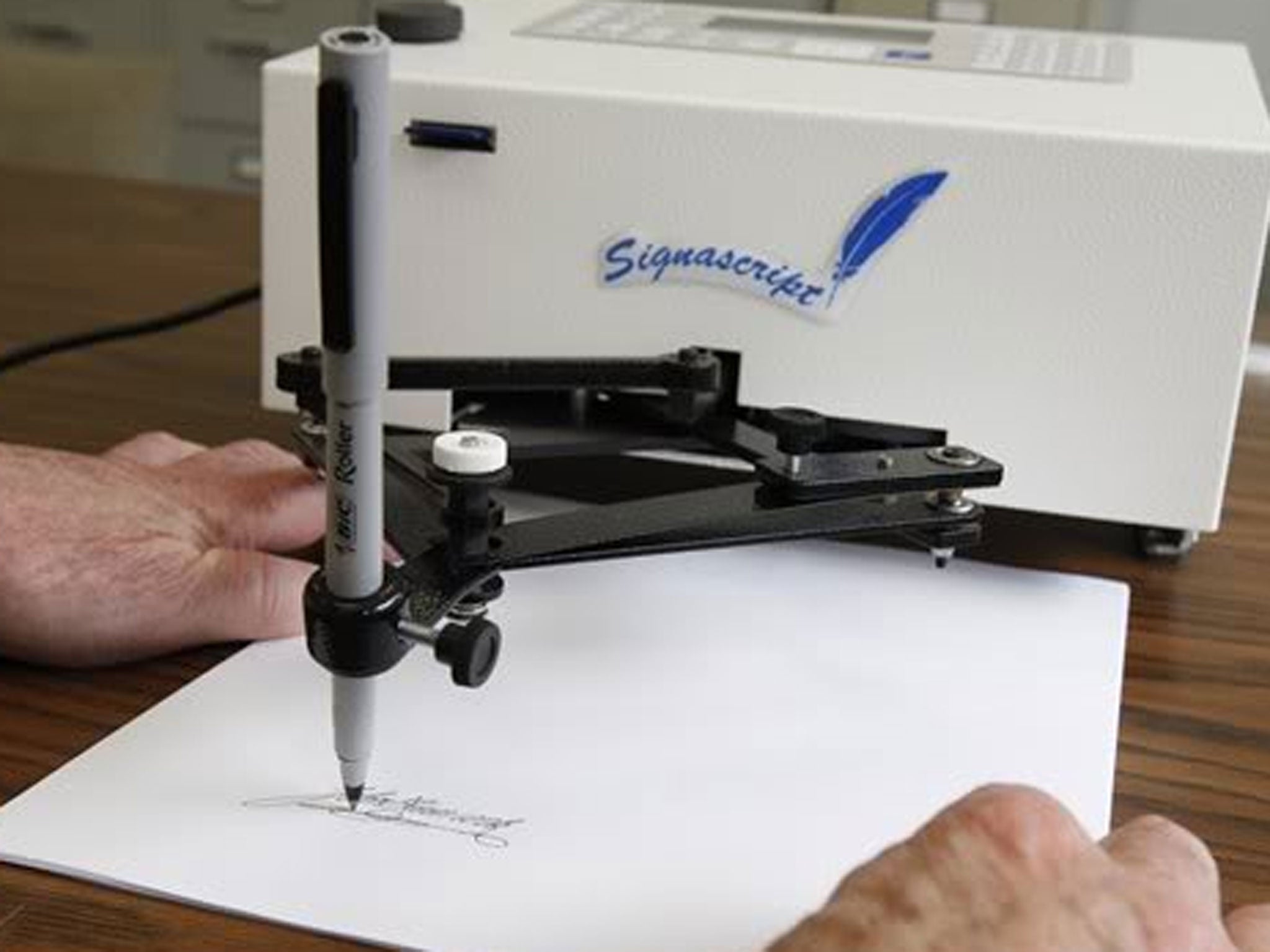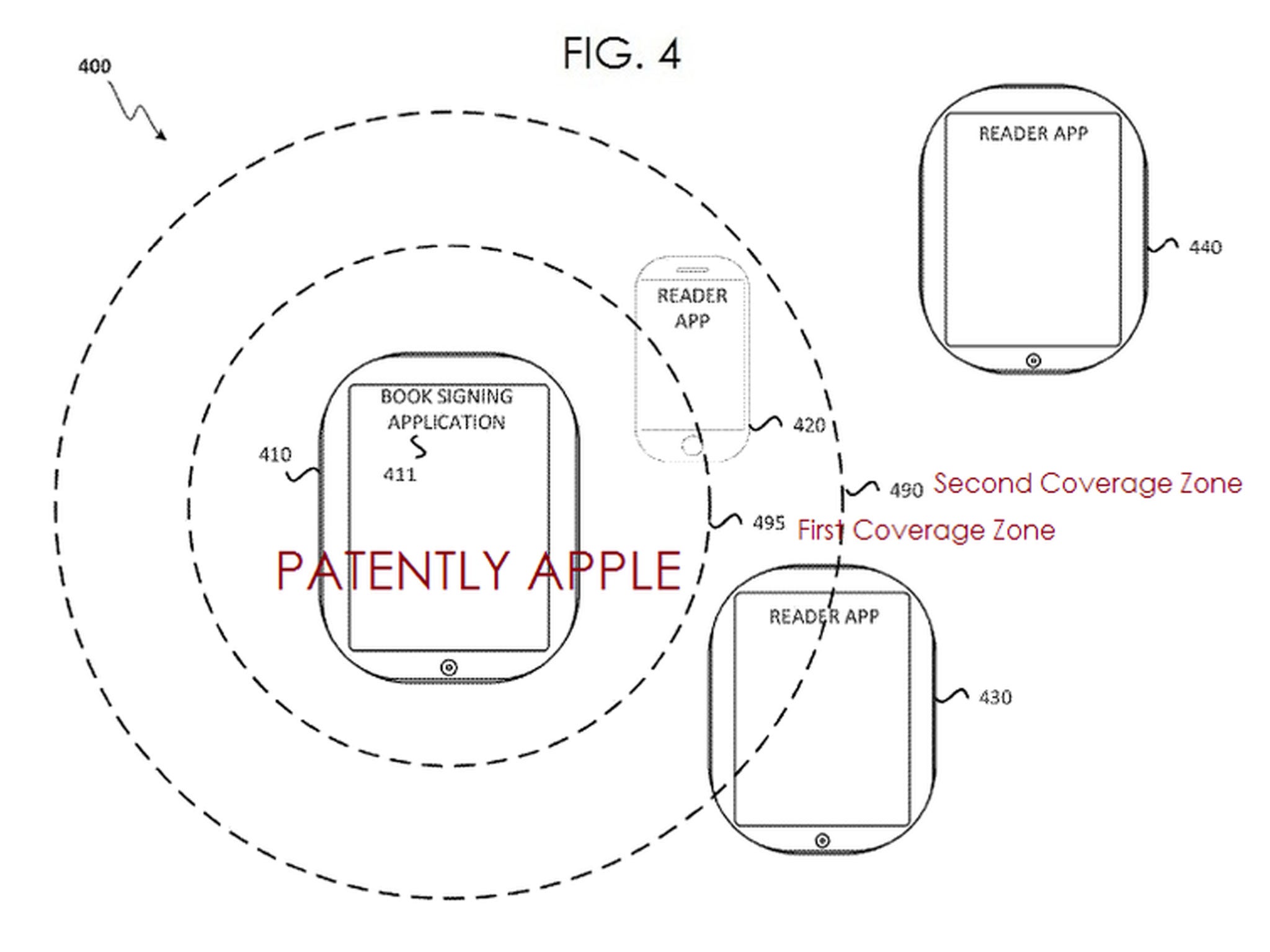Apple patents digital autographs for ebooks
Technology could even allow artists to ‘sign’ their books with audio and images

In a bid to bring some of that old-world physical charm to digital content Apple has created a new technology to let artists autograph their books, music or movies using an app.
The technology, outlined in a patent application, notes that although electronic versions of “books, magazines, and newspapers” offer benefits such as greater portability and additional content “some users still prefer paper media products for [their] physical attributes”.
“[These] include the ability to have a copy of a book personalized. Thus, there is need for improved techniques for embedding autographs in electronic books."
Focusing primarily on e-books, the patent application would depend upon a special autograph ‘page’ created in the text either by the publisher or the owner of the content. The author could then create the autograph on their own device, transferring it wirelessly to the user.
Once the content has been signed it would be tied to the user’s account, with Apple providing authentication certificates and back-up in the cloud to verify the digital autograph.
The patent also suggests that digital signings might occur over the internet or in a specific area (say, a table at bookstore). As well as text-based signatures, the technology could also be used to transfer audio files or images.
A signing from distance could also be accompanied by a video chat, allowing the author and fan to chat back and forth whilst they discuss the contents of the signature. This video interaction would also serve as the authentication factor, meaning that books would only be signed when the author was ‘present’.
Of course, this is just a patent application rather than a statement of intent from Apple (plenty of patents never come to pass) but it does show an inventive solution to some of the perceived limitations of digital content.

Join our commenting forum
Join thought-provoking conversations, follow other Independent readers and see their replies
Comments
Bookmark popover
Removed from bookmarks